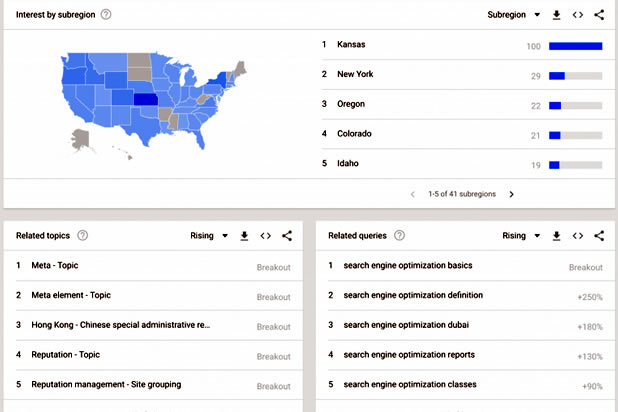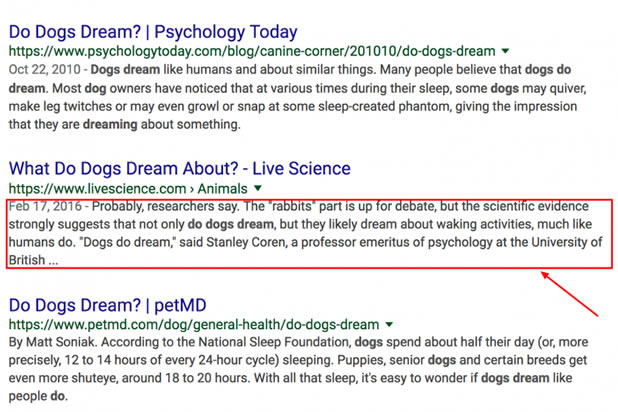Web Designers in Port Harcourt Nigeria
We are a strong and worthy competitor in the field of web development. We work together with clients as a team. This allows us to identify customer needs and offer the best solution. A team of diverse specialists works on each project. Interaction with the client is carried out at all stages of the project.
ConsultationContact Info
- 5, Peace Valley Estate, Woji Estate, Port Harcourt
- 0805-770-8394
- info@bucksplanet.com
- Week Days: 09.00 to 18.00 Sunday: Closed
Latest News
- home
- Blog
What is SEO (And What It Means To Your Business)?
You may have heard the term SEO and wondered what it means exactly – and what it means to your business. We’ve got the answers to help you find your way through the search engine optimization maze.
Recent statistics reveal that social media users have reached 2.34 billion worldwide this year. Combined with the fact that retail ecommerce sales are expected almost to double between now and 2020, and it is only natural that these two phenomena eventually intersect. With the average user spending well over an hour every day on social media, it’s safe to say that there are plenty of opportunities to market your brand on Facebook, Instagram and beyond.
The average social media user has seven or more accounts, and each of those platforms offers unique ways for you to showcase your business. This means that it has never been easier (and simultaneously more complex) to grow your audience, turning them into actual customers.
So, where to begin with SEO? Ask yourself what would you type into a search engine to find your website. Is it a short phrase like “Website SEO Expert” or a more question-based search term with a specific intent in mind: how do you optimize a blog post? How do I do SEO for my website? The latter examples are long tail keywords, highly targeted search terms designed to meet a searcher’s request. These phrases also typically have lower search volume, little competition, and higher conversion rates meaning you can rank higher when using them. That’s a win-win-win situation when it comes to SEO. You may also hear about semantic search. This is a humanized approach to search results taking intent and context into account in the results. “Best Apple” could be about Macintosh or Golden Delicious. Semantic searches try to determine which you mean and deliver the best results.
There are two kinds of SEO: On-page and Off-page. We’ll talk about off-page SEO in another post, but on-page SEO involves how your website content and structure are presented to a search engine – the keywords we’ve been talking about play a considerable role in this. However, there are other ways to optimize different parts of your website to affect your rankings. So here’s a quick guide to on-page SEO techniques:

Keywords & Keyword Research – Where To Start
Keyword research is the first step in any SEO plan. We’ve talked about using these search terms in your content but they can be peppered throughout your site in other ways we’ll talk about in a moment to make it more search engine friendly. As you select these important phrases, keep voice search in mind to optimize for conversational searches coming from mobile. Use tools like Google Trends to help you discover popular keywords and phrases.

Internal Linking – Link Your Content Together
An internal link is a link from one page on your site to another. Linking internally is useful to visitors and search engines since they make it easier for readers to find related content and for Google to crawl and index your website.
Meta Descriptions – Sell Your Content
A meta description is a text that appears in search engine results below the title. It lets readers know what the link is about, so they know what to expect, and whether or not they want to click. So, in addition to being relevant and compelling, your meta description should include the keywords in your SEO plan for that page because search engines read them too.

Image Alt Text – A Picture Is Worth Zero Words
Alt text is used by screen reader software to help blind web users recognize what is shown in the pictures or graphics on websites. Because search engines crawl images like these readers, inserting relevant keywords (while correctly describing the image) will help search engines recognize the content on your page. If you use WordPress, you can add in your image alt text when you are adding your images to your post.
Page Title – Make It Emotional
A page title is the clickable name of a webpage that appears on the search engine page results pages or SERPs. Page titles tell searchers (and search engines) the topic of the page as well as an estimate of how relevant a page is to their query. Another perfect spot for adding in keywords.
Quality Page Content – Fluff Is For Pillows
Having quality content on your site is vital to good SEO, and the right keywords can provide a roadmap for developing that text. As you write a comprehensive, relevant piece of content for a page or blog post, you will likely end up including (and ranking for) dozens of long tail keywords related to your subject.
Search engine optimization is incredibly important for any business wanting to be found by their customers online. When you optimize your pages, you’re making your website more visible to the people who are looking for your product or services based on specific search terms. The goal of an SEO specialist is to ascertain what those search terms are for your business and give a search engine as many reasons as possible to crawl your site pages to find them.
Still feeling a little lost in the forest? As Nigeria's search engine optimization experts, Bucksplanet is here to help you find your way Contact us today to get started.


